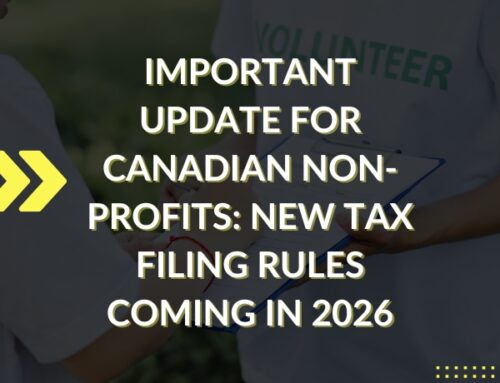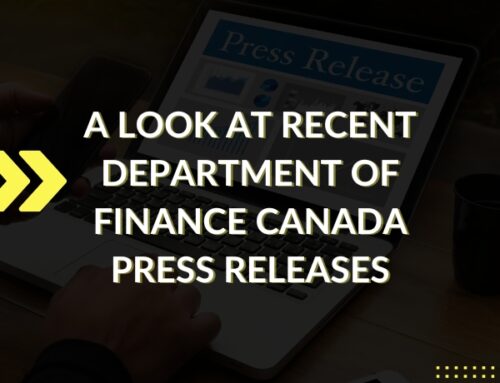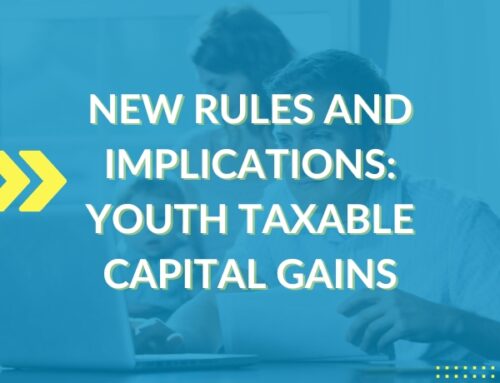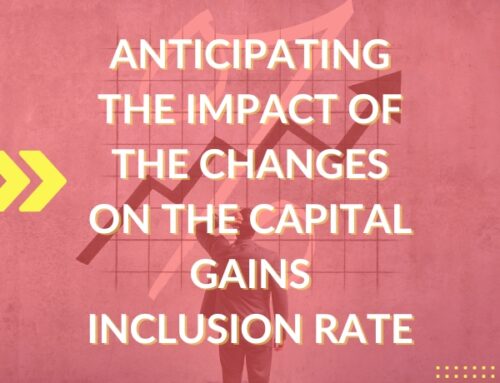Originally posted by Segal GCSE on January 17, 2022.
CRA recently sent some clarification on the new 2021 reporting requirements for Trusts which would normally be due by March 31, 2022. The reporting only applies to Express Trusts.
1. What is an express trust?
An express trust is generally a trust created with the settlor’s express intent, usually made in writing (as opposed to a resulting or constructive trust, or certain trusts deemed to arise under the provision of a statute).
The Exceptions are:
- Trusts that have been in existence for less than three months
- Certain regulated trusts, such as a lawyer’s general trust account
- Trusts that qualify as non-profit organizations or registered charities
- Mutual fund trusts, segregated funds, and master trusts
- Graduated rate estates
- Qualified disability trusts
- Employee life and health trusts
- Certain government funded trusts
- Trusts under or governed by certain registered plans
- Cemetery care trusts and trusts governed by eligible funeral arrangements
2. What additional information will have to be provided?
For 2021 and subsequent taxation years, Budget 2018 proposes that all non-resident trusts that currently have to file a T3 return and all express trusts that are resident in Canada, with some exceptions, report the identity, address, birth date and identification number (SIN or Foreign ID) of :
- trustees,
- beneficiaries
- settlors of the trust
- each person who has the ability (through the trust terms or a related agreement) to exert control or override trustee decisions over the appointment of income or capital of the trust (e.g., a protector)
3. How will the trust provide the additional information?
A trust will have to file a new schedule with its T3 return to report the additional information regarding its beneficial owners, that is, the identity of all trustees, beneficiaries and the settlors of the trust, along with each person who has the ability (through the trust terms or a related agreement), to exert control or override trustee decisions over the appointment of income or capital of the trust (e.g., a protector).
Further information about the new schedule will be posted on Canada.ca when it is available.
4. If the trust has no income to report, can the trust just report the additional beneficial ownership information by filing the new schedule?
No, for 2021 and subsequent taxation years, the trust will have to report the additional information by filing the new schedule along with the T3 return.
5. What happens if a trust fails to file the T3 return or forgets to provide the additional information?
For 2021 and subsequent taxation years, Budget 2018 proposes that a penalty will apply if a trust that has to file a T3 return fails to do so or fails to provide the additional information about the beneficial ownership.
The penalty will be equal to $25 for each day of delinquency, with a minimum penalty of $100 and a maximum penalty of $2,500. If a failure to file the return was made knowingly, or due to gross negligence, an additional penalty will apply. The additional penalty will be equal to 5% of the maximum value of property held during the relevant year by the trust, with a minimum penalty of $2,500. As well, existing penalties in respect of the T3 return will continue to apply.
You can contact a Segal representative if you have any questions.






